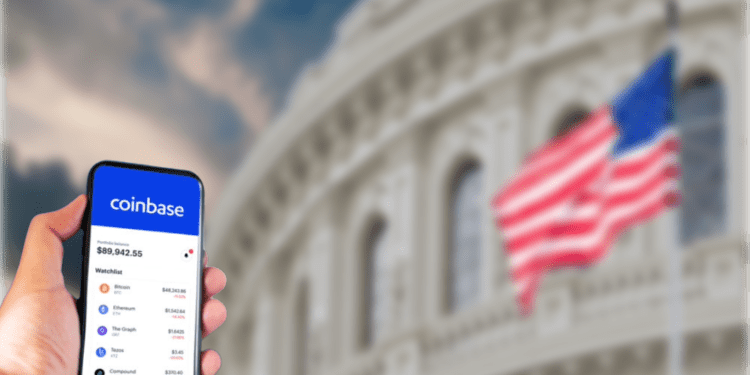- NASAA asserts digital assets should not receive special treatment under securities laws, aligning with SEC’s stance.
- Ongoing legal dispute between SEC and Coinbase concerning alleged violations of federal securities laws.
- NASAA joins SEC in urging the judge to reject Coinbase’s attempt to dismiss the SEC lawsuit, underscoring the significance of the case for the digital asset industry.
In a recent filing dated October 10th to support the U.S. Securities and Exchange Commission (SEC), the North American Securities Administrators Association (NASAA) put forth a notable stance concerning digital assets and their treatment under securities laws. The NASAA firmly expressed that digital assets should not be granted any distinctive treatment when it comes to applying securities laws.
This perspective from NASAA comes amid an ongoing legal battle involving the SEC and Coinbase. The SEC had previously taken legal action against Coinbase, alleging violations of federal securities laws. Coinbase, in response, contended that the digital assets and services it offered didn’t qualify as securities and the SEC was overstepping its regulatory bounds.
Vincente Martinez, the general counsel for NASAA, emphasized that the SEC’s position in this case should not be perceived as “novel or extraordinary.” He argued that the SEC’s stance aligns with the agency’s longstanding position and is well within the established legal framework. NASAA further asserted that the SEC does not require explicit congressional authorization before applying existing laws to digital assets.
A critical aspect of the ongoing legal dispute revolves around the judge’s interpretation of the Howey test, a legal yardstick employed to determine what qualifies as an investment contract. Coinbase contended that digital assets do not meet all the criteria outlined by the Howey test.
Martinez underscored that the Howey test was crafted to remain adaptable, encompassing technological advancements within the securities markets, including those involving blockchain-traded securities—a viewpoint in line with the SEC’s prior assertions. He urged the court to reject Coinbase’s attempt to narrow the established legal framework to circumvent regulatory obligations common to all participants in the nation’s securities markets.
In addressing Coinbase’s invocation of the “major questions doctrine,” asserting the need for congressional approval on significant issues, Martinez expressed skepticism. He challenged Coinbase’s portrayal of the “digital asset industry” as a substantial component of the American economy. Martinez argued that digital assets lack practical economic utility and are not widely accepted for transactions or government-related obligations.
The NASAA submission aligned with the SEC’s plea, urging the judge to dismiss Coinbase’s attempt to have the SEC lawsuit dismissed. This development showcases the evolving legal landscape surrounding digital assets and the regulatory scrutiny they face within the United States.
This unfolding situation highlights a concerning pattern of persistent attacks on major players within the crypto space. The parallels with the ongoing Bitcoin ETF narrative are evident, raising questions about whether these actions are aimed at undermining exchanges that currently wield substantial influence.














